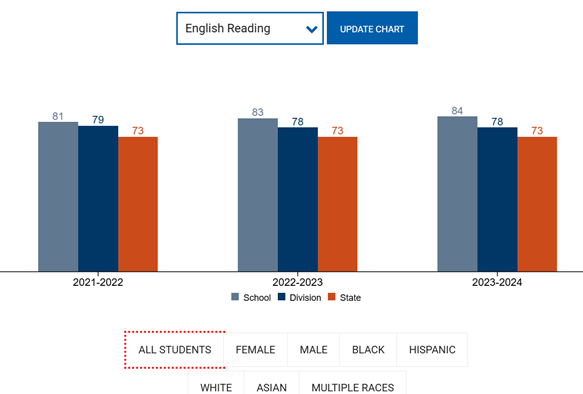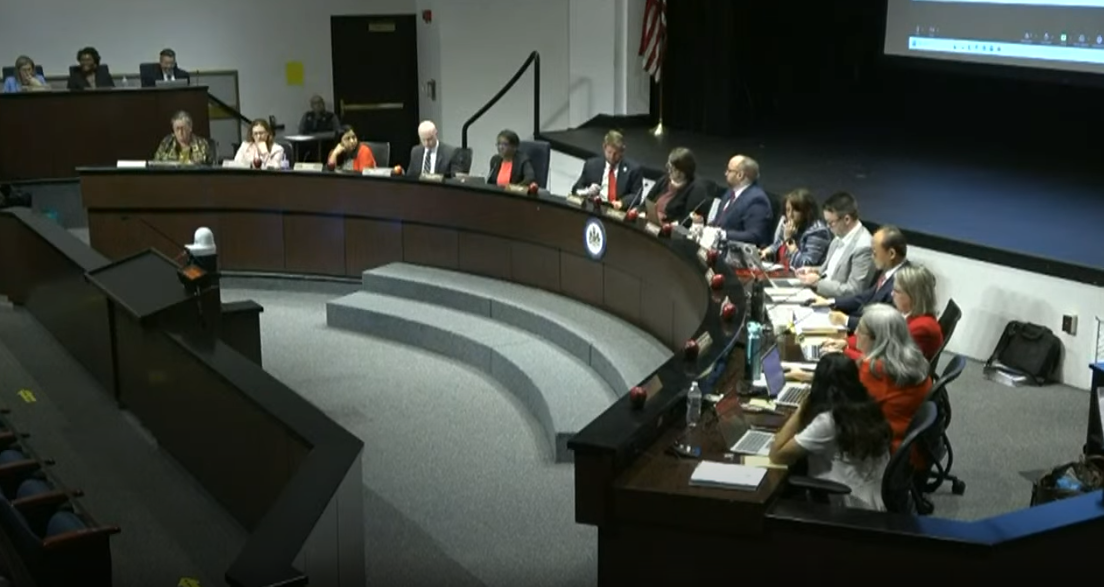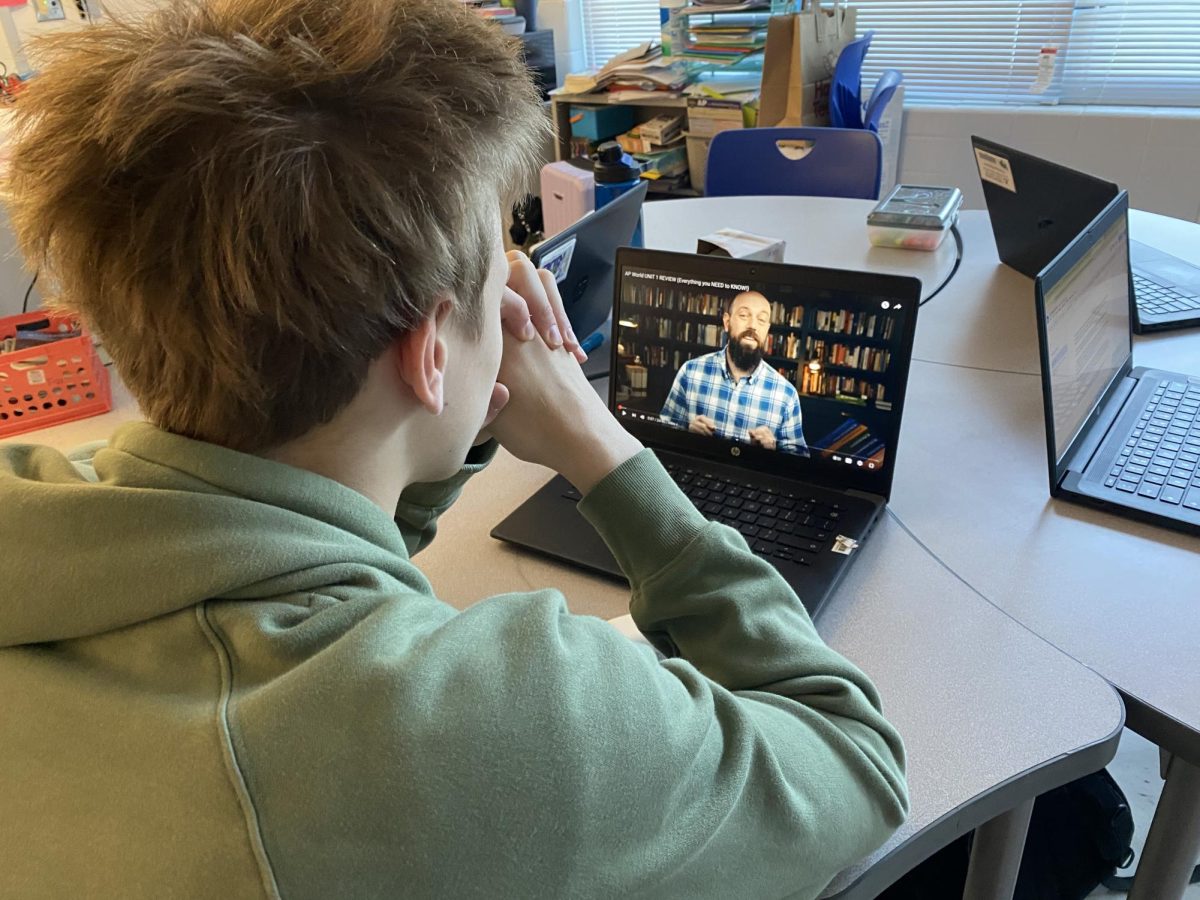I So Didn’t Procrastinate On Writing This Article: What Procrastinating Is and How to End It
I So Didn’t Procrastinate On Writing This Article:
What Procrastinating Is and How to End It
It’s 9:00 pm on a Thursday night, and you are sitting across a blank screen that is supposed to be your DBQ essay due first thing Friday morning. The only problem is, well, it’s blank and you haven’t started yet. You tell yourself that you can get the essay done later, perhaps at 11 tonight, that you already know what you want to say anyway; the only thing is that you really don’t. Even so, you push this assignment away to do something far more productive – maybe marathon through your favorite Netflix series or look up how to play the guitar that’s been collecting dust mites and worm holes in your closet for years.
Whether it’s your 500 word English essay or your 8-question Spanish worksheet, sometimes it might seem like everything gets left to the very last minute. Though only 20% of the population battles chronic procrastination, over 80% percent of students face the constant feeling of being “not up to finish” their work. So, why is pushing off important tasks even an issue to so many students?
Of course, procrastination is human nature, but it goes much farther than that. Various studies have shown common links to procrastination, such as perfectionism and the fear of failure, not being clear on instructions given, and just plain not being interested in the subject in question. Even so called “thrill seekers” are procrastinators, leaving essays to the last minute because “they work better under pressure.” (Though the adrenaline rush felt from this is technically simply just the relief of having said item done.) With so many trigger factors, you might find it no wonder why procrastination lives and breathes in the halls of high schools and colleges. Sometimes, procrastination is simply hard to avoid.
Sadly, for all of you avid procrastination excusing fans, the secret code of doing your schoolwork on time is out there. Through work tactics improving based on emotional strength, time management skills, control of habits, directed thought, and completion abilities, ways of ending your procrastination suffering can be achieved by what will work for you the best.
Also, far deep into the Internet, programs and websites built to block distracting sites for a set amount of time do indeed exist. For the more productive procrastinators, playing a game where you’ll reward yourself with 5 “break” minutes of YouTube or Tumblr after working thirty minutes straight on a chemistry project has been used before. Getting rid of temptations such as your super close tab on your Twitter feed or putting your phone in another, far away, locked room while you work is another way of breaking the wall of procrastination as well. Finally, if none of these tips work at all, you should think of asking for help with managing your procrastination troubles from your parents, or maybe someone else close to you. If more people besides just you know just how badly you need to get that pre-calc project done, it’s more likely to happen in a timely manner.
Just be sure not to pressure yourself too much. Studies have shown that if you don’t pardon yourself for procrastinating, you are more likely to procrastinate more down the road. Pressure is another problem, and an idea for another article.



















































